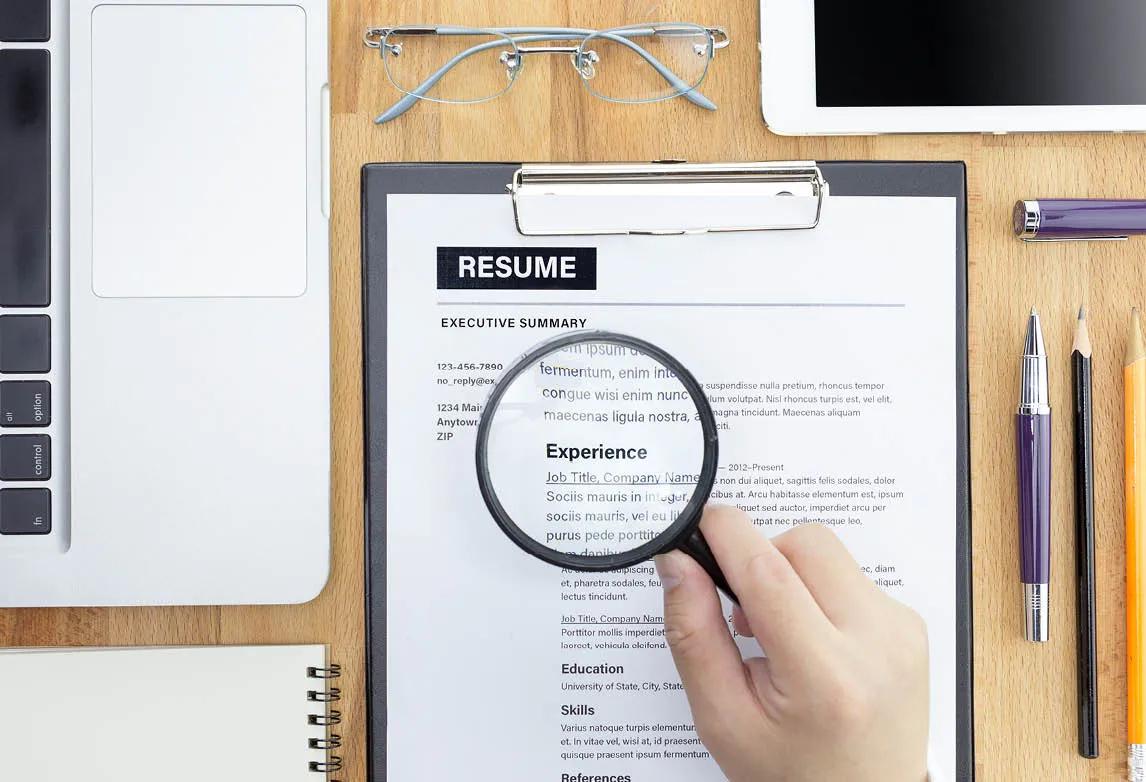How to Prepare for a Healthcare Job Interview

Preparing for the job interview can be the most critical part of the job hunt. However, you may feel more comfortable if you keep these helpful healthcare job interview tips in mind.
Research the Prospective Healthcare Employer
An important aspect of adequate preparation for a job interview is thoroughly looking into the employer beforehand. The vast majority of healthcare organizations these days have websites that you can review to become more familiar with the work environment and position. Think of it as an extra homework assignment at the end of your day.
What could help you even more is finding a friend, former classmate, or someone within your professional network who has worked for the employer. This kind of insight can be extremely valuable when it comes time for a face-to-face interview. They can tell you about the employer’s values and company culture.
If you’re interviewing for a hospital position, look into its reputation within the community. Your goal is to know as much as possible before you sit down for your healthcare interview and discuss the job opportunity. Having knowledge about the employer shows initiative and interest in the job.
Speak with the Recruiter Directly About the Process
Many times, the person who contacts you about the healthcare job isn’t who you’ll be interviewing with. The initial phone call is typically a preliminary review of your candidacy, and you’ll sit down with someone else for a physical interview.
Knowing this, you should try to get a feel for the hiring process from the recruiter before you come in for a face-to-face meeting. It can go a long way in easing your mind during the conversation if you know that the employer schedules multiple healthcare job interviews throughout the search for a candidate. This can dispel the fear of not getting a job offer right away after the first interview.
You should also find out which executives – if any – are involved in the healthcare job interviews, and who you could be sitting down with throughout the course of the hiring process.
Review and Finalize Your Healthcare Career Resume
You can have all the education and experience in the world, but if your healthcare career resume looks unorganized, you run the risk of getting passed over for a job. If it’s been a while since you’ve looked at your resume, it’s worthwhile to take the time to review it for any possible mistakes you can fix or improvements you can make.
These can either be direct supervisors from your current or previous jobs, or instructors that you shared a positive relationship with.
In the event you move forward in the interview process, you want to have references who know your positive attributes and can describe the contributions you could make to the new healthcare employer. Be sure to list their names, job titles, and contact information.
Write Out Your Strengths and Weaknesses
When applying for a healthcare position, you will inevitably be asked about the strengths you have that could contribute to the success of the company. While your references will list a few, it’s a good idea for you to write down some strengths on your own.
Your goal in the interview is to sell a product to the manager: yourself. You want them to invest in your abilities and understand the skills you can bring to their healthcare organization as an employee. Be prepared to give specific examples of when your strengths came into play at work or school.
Similar to strengths, you should also know what your weaknesses are and how to properly discuss them with a manager. They shouldn’t be seen as completely negative. You should be able to highlight where you need improvement and tell them what you’re doing to improve yourself.
Three examples of weaknesses you may share in a healthcare job interview are:
- “I find it hard to say ‘no’ to others.”
- “I don’t have as much experience as I’d like in a certain area.”
- “Sometimes, I lack confidence.”
Prepare Your Own Questions
Sometimes job applicants view healthcare interviews as an interrogation rather than a conversation. They believe that they should be the only ones answering the questions.
Instead of churning out answers, turn the tables on the interviewer and reverse the roles. Ask your own questions so you can get answers that help you learn more about the position.
What questions should you ask in a healthcare job interview? You might ask about development opportunities or performance objectives for the position. Your goal is to show them that you really care about the position and are significantly interested in working for them.
One Final Word on Preparing for a Healthcare Job Interview
Preparing for the interview is an imperative part of the process. A hiring manager should be impressed with you as a job applicant if you are well-prepared and exhibit confidence in yourself as a candidate. Keep these helpful hints in mind when you begin your healthcare career search.
For more help, Ultimate Medical Academy’s Career Services team offers students and graduates help with writing a resume, identifying potential job opportunities, and preparing for interviews.
Request Information
Talk with us. Start your journey.
Complete this form and we'll call you to explore options at UMA and answer your questions. We'll also email you info on how to get started. We're with you at every step!
Request Information
Talk with us. Start your journey.
Complete this form and we'll call you to explore options at UMA and answer your questions. We'll also email you info on how to get started. We're with you at every step!
About the Author
 Christina DeBusk
Christina DeBuskChristina DeBusk is a freelance writer who has been providing health and wellness content to healthcare organizations such as the American Chiropractic Association and International Sports Sciences Association (ISSA) since 2011. She obtained her Bachelor of Science in Sociology from Central Michigan University, minoring in psychology. She has also earned several ISSA certifications, including Certified Personal Trainer and Certified Nutrition Specialist, achieving the status of Elite Trainer.
Related Content


